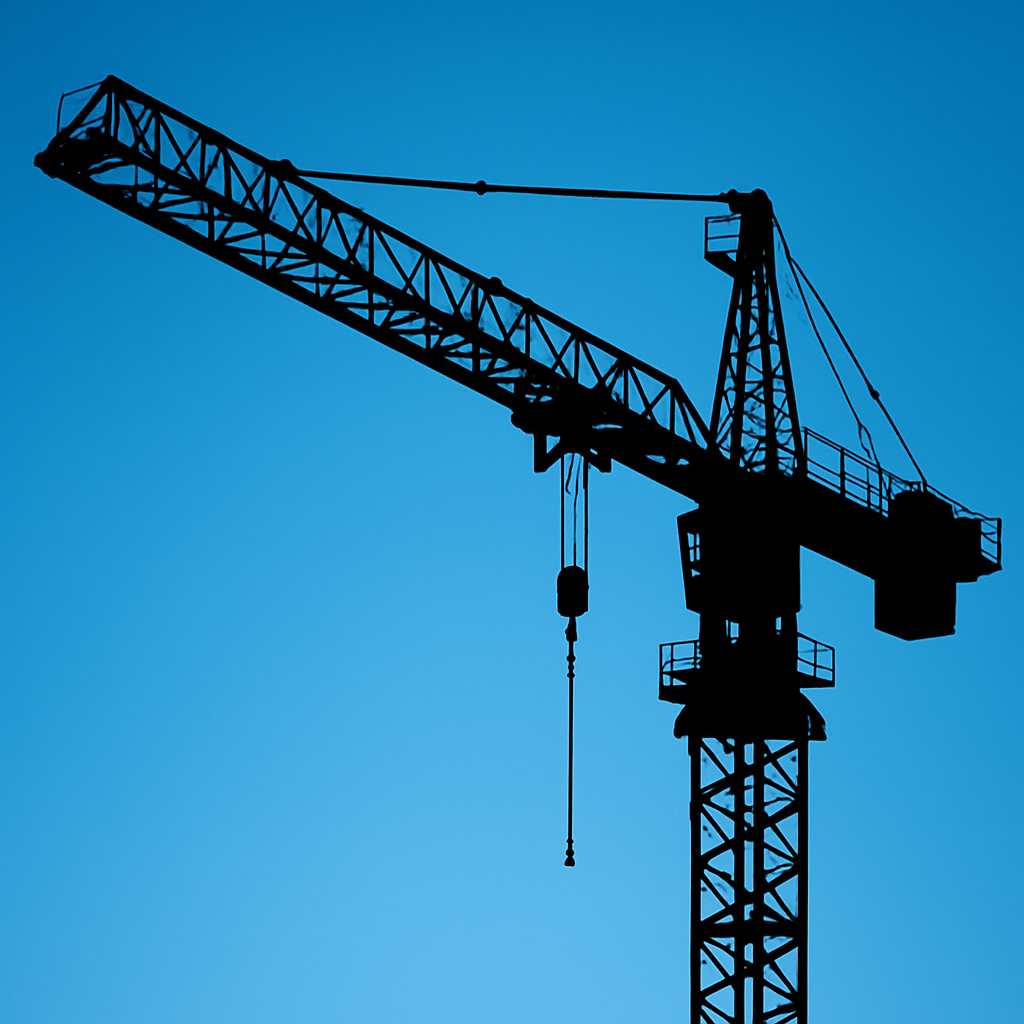


Your key employees already know your firm's culture, clients, and project workflows intimately. In 2025, updated SBA 7(a) financing options enable them to become owners with as little as 5% down payment, making employee buyouts more accessible than ever.
Leveraging the Step-Up Legacy Plan™, sellers receive close to 100% cash at closing with no need for seller financing or personal guarantees. This streamlined ESOP alternative preserves your firm's legacy while navigating today’s elevated interest rates and evolving lender criteria.
By understanding the latest SBA guarantee fees, valuation benchmarks, and bank underwriting standards, A/E/LS firm owners and their employees can confidently implement a practical, bankable succession plan.
With just 5% down, SBA 7(a) loans empower your employees to buy the firm—and you get paid nearly 100% cash upfront.
In 2025, SBA 7(a) loans remain a cornerstone financing tool for employee buyouts in architecture, engineering, and land surveying firms with $1M to $8M in revenue. While interest rates have risen, ranging generally from 10.25% to 13.75% depending on loan specifics, diligent preparation unlocks favorable bank financing with minimal down payment requirements.
The Step-Up Legacy Plan™ capitalizes on this by structuring deals where buyers put down as little as 5% to 10%, combined with seller standby notes or secondary liquidity sources such as home equity to bridge the equity injection gap. This eliminates the risk and delay sellers face with traditional financing or complex ESOPs.
Key to success is disciplined multi-year planning:
This multi-step process enables sellers to receive near 100% cash at closing without carrying seller notes or risking personal guarantees.
Unlike traditional ESOPs, which can cost upwards of $150,000 in setup fees plus ongoing administrative expenses, the Step-Up Legacy Plan™ offers a cost-effective, quicker path to liquidity suited for firms under $8M revenue.
In today’s market, where A/E/LS firms face consolidation pressures and private equity interest, employee buyouts using SBA financing provide a practical way to preserve firm culture, maintain client relationships, and empower trusted employees.
Employee buyouts structured with SBA 7(a) loans and 5%-10% down unlock your firm’s full value while preserving legacy and client continuity.
Valuation multiples for A/E and LS firms in 2025 typically range from 4.5x to 7x ARR for architecture and 4x to 5x EBITDA for engineering firms, influenced heavily by contract stability and growth potential. Clean financial disclosures and client contract formalization directly contribute to achieving favorable multiples.
Lenders now require evidence of strong management capacity, documented revenue streams, and robust client retention to approve SBA 7(a) loans under the updated underwriting criteria, which emphasize creditworthiness and business viability.
Buyers often leverage personal liquidity sources such as home equity or small equity injections combined with SBA loans covering up to 90% of the purchase price. Seller standby notes may serve as a bridge but are structured to minimize seller risk and ensure full payment at closing.
This structure allows sellers to exit confidently with liquidity and no further financial exposure while ensuring the firm stays in trusted hands.
Implementing this approach requires careful coordination of financial preparation, leadership development, and lender relationships over a 5 to 7 year roadmap. Owners who begin today maximize firm value, optimize financing terms, and secure a trusted future ownership.
With SBA 7(a) financing requiring just 5% down and the streamlined structure of the Step-Up Legacy Plan™, your employees can own the firm you built while you receive near full payment at closing.
Start your disciplined 5 to 7 year succession roadmap today: develop leadership, clean financials, formalize client commitments, and engage SBA lenders early. Allen Business Advisors provides the expertise to guide your firm through this evolving financing landscape.
Contact us now to preserve your legacy and achieve your retirement goals with a practical, bankable employee buyout strategy.